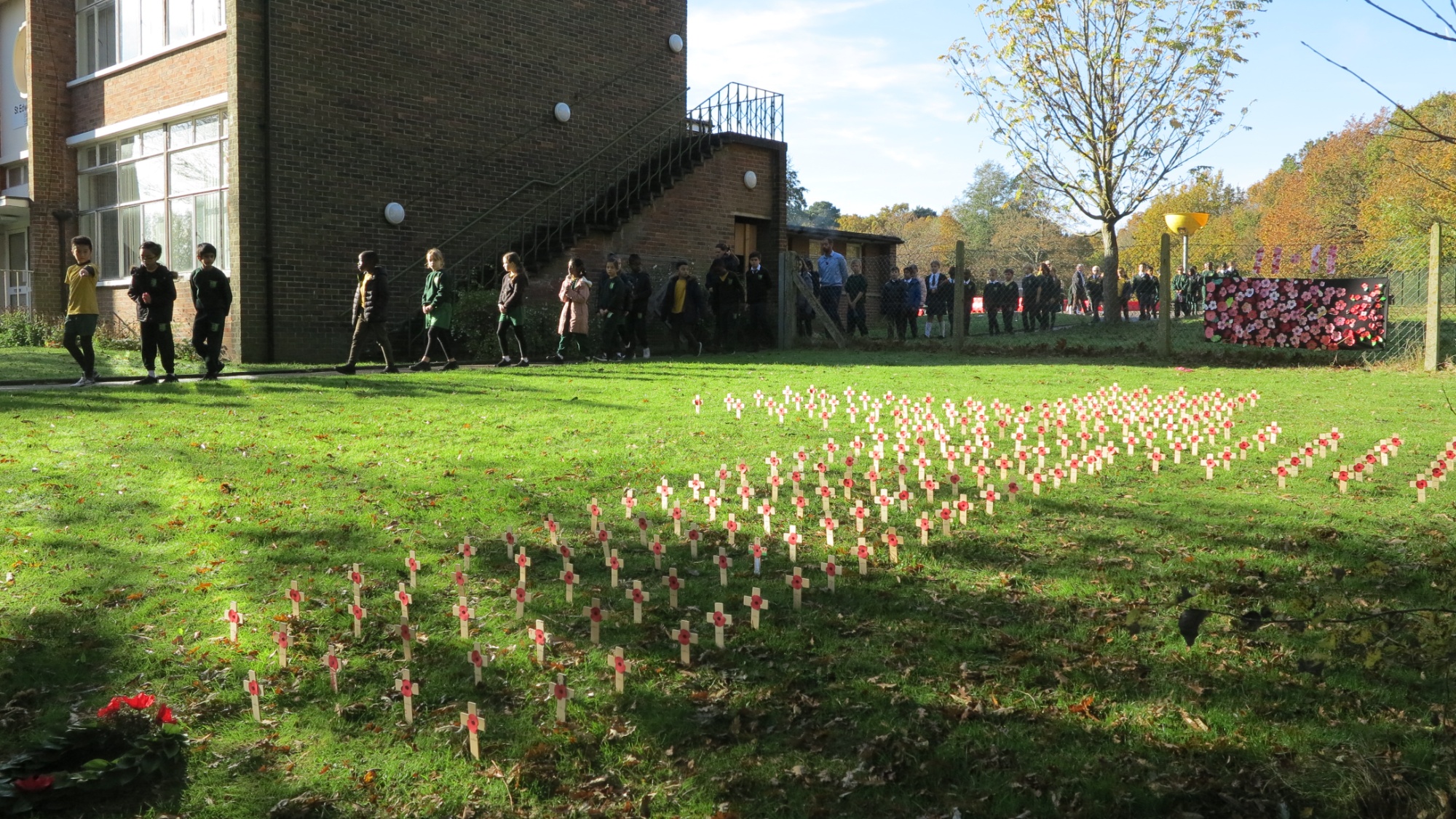English at St Peter and St Paul Catholic Primary Academy
At St. Peter and St. Paul we believe that high-quality education in English will teach pupils to speak and write fluently so that they can communicate their ideas and emotions to others and through their reading and listening, others can communicate with them.
By following the National Curriculum we aim to promote high standards of literacy by equipping pupils with a strong command of the written and spoken word, and developing their love of literature through widespread reading for enjoyment. We aim to ensure that our children:
-
read easily, fluently and with good understanding
-
develop the habit of reading widely and often, for both pleasure and information
-
acquire a wide vocabulary, an understanding of grammar and knowledge of linguistic conventions for reading, writing and spoken language
-
appreciate our rich and varied literary heritage
-
write clearly, accurately and coherently, adapting their language and style in and for a range of contexts, purposes and audiences
-
use discussion in order to learn; they should be able to elaborate and explain clearly their understanding and ideas
-
are competent in the arts of speaking and listening, making formal presentations, demonstrating to others and participating in debate.
Our teaching of English, therefore, will cover spoken language, reading, writing, spelling, vocabulary, punctuation and grammar.
Spoken Language:
The National Curriculum for English reflects the importance of spoken language in pupils’ development across the whole curriculum – cognitively, socially and linguistically. Spoken language underpins the development of reading and writing. The quality and variety of language that pupils hear and speak are vital for developing their vocabulary and grammar and their understanding for reading and writing.
Reading:
Reading consists of two dimensions - word reading and comprehension. It is essential that our teaching focuses on developing pupils’ competence in both dimensions.
Skilled word reading involves both the speedy working out of the pronunciation of unfamiliar printed words (decoding) and the speedy recognition of familiar printed words. Read Write Inc is used to support the early development of phonetical skills.
Good comprehension draws from linguistic knowledge (in particular of vocabulary and grammar) and on knowledge of the world. Comprehension skills develop through pupils’ experience of high-quality discussion with the teacher, as well as from reading and discussing a range of stories, poems and non-fiction.
Writing:
Writing consists of two dimensions – transcription (spelling and handwriting) and composition (articulating ideas and structuring them in speech and writing). It is essential that teaching develops pupils’ competence in these two dimensions.
Writing down ideas fluently depends on effective transcription: that is, on spelling quickly and accurately through knowing the relationship between sounds and letters (phonics) and understanding the morphology (word structure) and orthography (spelling structure) of words. Effective composition involves articulating and communicating ideas, and then organising them coherently for a reader. This requires clarity, awareness of the audience, purpose and context, and an increasingly wide knowledge of vocabulary and grammar. Writing also depends on fluent, legible and, eventually, speedy handwriting.
Spelling, vocabulary, grammar, punctuation:
Pupils should be taught to control their speaking and writing consciously and to use Standard English. They should be taught to use the elements of spelling, grammar, punctuation and ‘language about language’. Throughout the programmes of study, teachers should teach pupils the vocabulary they need to discuss their reading, writing and spoken language. It is important that pupils learn the correct grammatical terms in English and that these terms are integrated within teaching.














